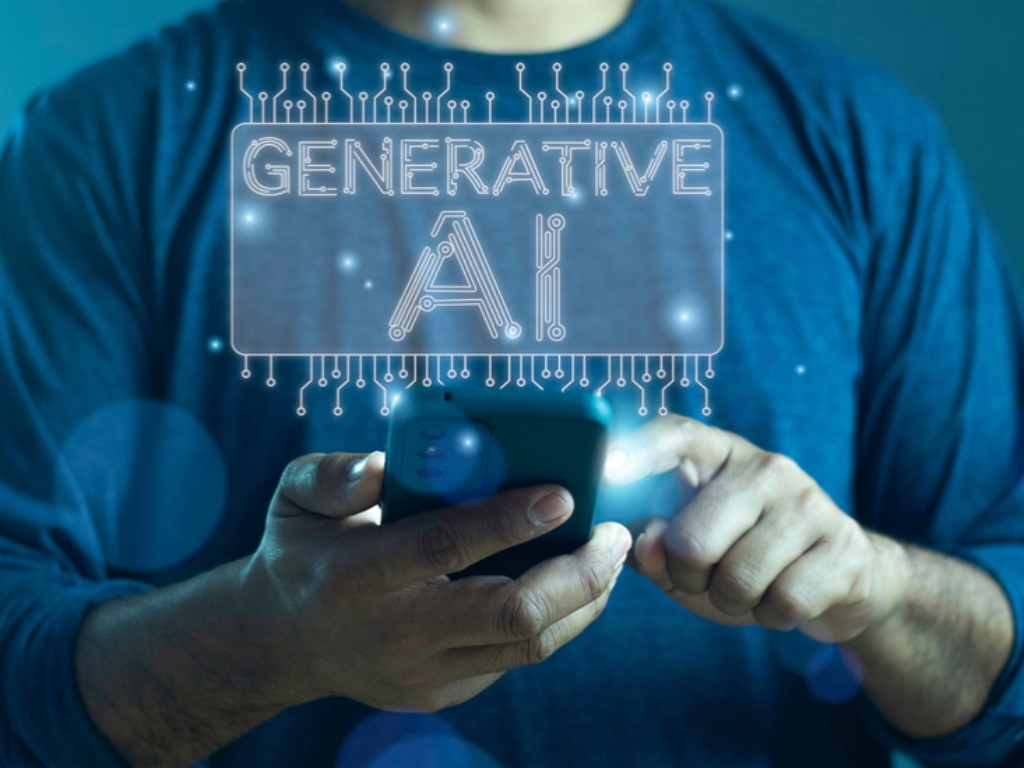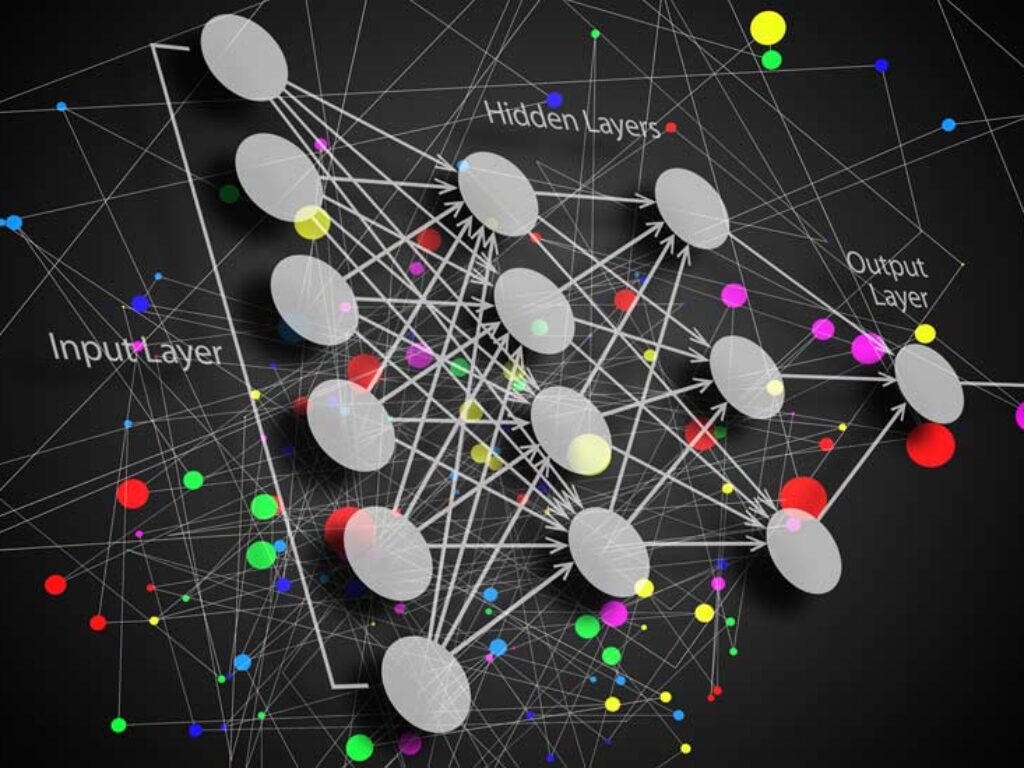GTC—Amazon Web Services (AWS), an Amazon.com company (NASDAQ: AMZN), and NVIDIA (NASDAQ: NVDA) today announced that the new NVIDIA Blackwell GPU platform—unveiled by NVIDIA at GTC 2024—is coming to AWS. AWS will offer the NVIDIA GB200 Grace Blackwell Superchip and B100 Tensor Core GPUs, extending the companies’ longstanding strategic collaboration to deliver the most secure and advanced infrastructure, software, and services to help customers unlock new generative artificial intelligence (AI) capabilities.
AWS and NVIDIA Extend Collaboration to Advance Generative AI Innovation
DDN AI400X2 Turbo Appliance Accelerates Gen AI and Inference for Data Center and Cloud by 10x
DDN®, a global leader in artificial intelligence (AI) and multi-cloud data management solutions, announced the latest addition to its powerful A3I® solutions, the DDN AI400X2 Turbo. 30% more powerful than the AI400X2, the previous industry performance leader, the AI400X2 Turbo boasts faster performance and expanded connectivity options.
Hewlett Packard Enterprise Debuts End-to-End AI-Native Portfolio for Generative AI
Today at NVIDIA GTC, Hewlett Packard Enterprise (NYSE: HPE) announced updates to one of the industry’s most comprehensive AI-native portfolios to advance the operationalization of generative AI (GenAI), deep learning, and machine learning (ML) applications.
Smarter AI for All: Lenovo Unveils Hybrid AI Solutions that Deliver the Power of Tailored Generative AI to Every Enterprise in Collaboration with NVIDIA
Today, at NVIDIA GTC, a global AI conference, Lenovo announced new hybrid AI solutions, built in collaboration with NVIDIA, that deliver the power of tailored generative AI applications to every enterprise and cloud, bringing transformational capabilities to every industry.
The Five Step Playbook to Move GenAI into Production
In this contributed article, Josh Reini, Developer Relations Data Scientist, TruEra, discusses how gaining the required confidence to deploy GenAI apps at scale can be challenging, and structured evaluation has gained recognition as a key requirement on the path from science experiment to customer value. Evaluation frameworks can play a critical role in this journey by allowing developers to run experiments faster and gain systematic validation for production readiness. Connecting such an evaluation framework with a scaled observability platform brings confidence in production. This article explores five practical steps to move LLM applications from early prototypes to scaled, production applications.
Quantum-Enhanced Generative AI Generates Viable Cancer Drug Candidates
Zapata Computing, Inc., the Industrial Generative AI company, announced that its scientists, in collaboration with Insilico Medicine, the University of Toronto, and St. Jude Children’s Research Hospital have demonstrated the first instance of a generative model running on quantum hardware outperforming state-of-the-art classical models in generating viable cancer drug candidates. The research points to a promising future of hybrid quantum generative AI for drug discovery using today’s quantum devices.
How Optical I/O is Enabling the Future of Generative AI: A Q&A with Ayar Labs CTO Vladimir Stojanovic
As we look at the future of AI and the challenges it faces, who better to provide insights than Vladimir Stojanovic, CTO and co-founder of Ayar Labs. In this Q&A interview, we’ve asked Vladimir a dozen questions about how Ayar Labs’ technology is enabling the growth of generative AI.
Fine-Tune Your LLMs or Face AI Failure
In this contributed artticle, Dr. Muddu Sudhakar, CEO and Co-founder of Aisera, focuses on the downsides of general-purpose Gen AI platforms and why enterprises can derive more value from a fine-tuned model approach.
Video Highlights: The 3 Steps of LLM Training with Lisa Cohen
In this video presentation, our good friend Jon Krohn, Co-Founder and Chief Data Scientist at the machine learning company Nebula, is joined by Lisa Cohen, Google’s Director of Data Science and Engineering, to discuss the capabilities of the cutting-edge Gemini Ultra LLM and how it stands toe-to-toe with GPT-4.
Overcoming the Technical and Design Hurdles for Proactive AI Systems
In this contributed article, George Davis, founder and CEO of Frame AI, howlights how we find ourselves at an early, crucial stage in the AI R&D lifecycle. Excitement over AI’s potential is dragging it into commercial development well before reliable engineering practices have been established. Architectural patterns like RAG are essential in moving from theoretical models to deployable solutions.










